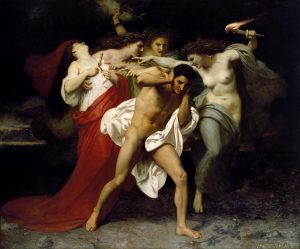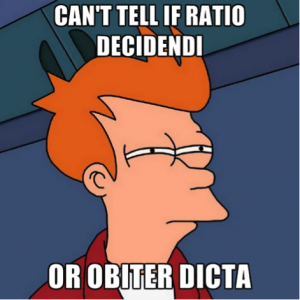By Dr Yvette Russell, Lecturer in Law (University of Bristol Law School).

In recently published work I engage in a philosophical and psychoanalytic excavation of legal discourse on (and in) the rape trial.[1] In this post I briefly summarise my key claims arguing, while I do, that legal scholars must diversify the theoretical tools they draw on in confronting issues of social justice.
Much feminist scholarship on rape asserts that the law has reached a best practice plateau and justice for victims is now being held back primarily by the aberrant ‘attitudes’ of criminal justice actors charged with implementing the law. Those attitudes, it is argued, militate against the best intentions of law makers charged with stemming burgeoning attrition rates. Attrition refers to the phenomena – not anomalous in the criminal justice system, but particularly marked in cases of sex crime – whereby alleged instances of sexual violence drop out of the criminal justice system. This occurs at multiple points, the most notable of which is the first point where a victim makes the decision to report to police. (more…)

